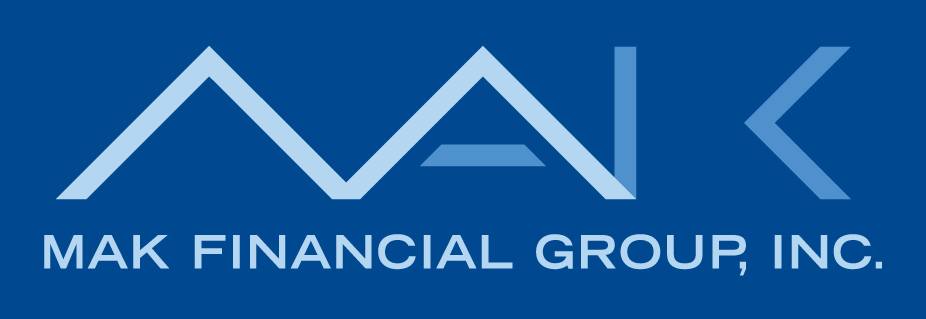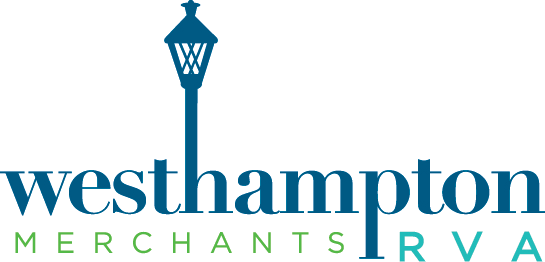What is the difference between pre-approval and pre-qualification?
The pre-approval process is a much more comprehensive overview of your financial ability to qualify for a loan. For pre-qualification, the loan officer merely asks you a few questions and provides you with a general idea of your loan qualifying potential. Pre-approval verifies three of the five pieces of key documentation needed for a full approval: a three-bureau credit report, income documentation and asset verification. You will still need to have an appraisal and title search completed on the property under contract. Pre-approval provides you, the seller and your Realtor confidence that your loan will be approved.
Will I save money going directly to a bank?
Not usually. Because mortgage brokers deal with multiple lenders they can shop for the best interest rate and terms available on any given day. Additionally, they can find lenders who specialize in various market niches such as loans for self-employed borrowers or investors with multiple properties. Mortgage brokers do not add any costs to the loan process as they personally perform the duties that would also need to be performed by random bank employees.
What do you need to review to pre-approve me for a loan?
MAK Financial takes pre-approval very seriously. You will see that our process is much more thorough than any of the internet services you see popping up on your web pages. We want to be sure your loan will be approved and funded when you write a contract on your house. We receive lots of emergency phone calls from people who were “pre-approved” on the internet, but have been abandoned by the web lender a week before closing. We require the following before writing a pre-approval letter:
- Full Credit Report. We require a tri-merge report giving your three FICO scores from all three reporting bureaus: Experian, Transunion and Equifax. A credit score is essential for both loan qualifying and pricing.
- Recent Paystubs and Last 2 years W2s to verify your income and employment status; and
- Verification of Cash to Close. We need bank statements showing assets sufficient to cover your down payment, closing costs, prepaid real estate tax and homeowners insurance escrows and any reserve monies the bank might require.
When does it make sense to refinance?
There are several good reasons to refinance your existing mortgage. Many homeowners want to take advantage of lower interest rates, switch from an adjustable rate product to a fixed product, or take cash out for debt consolidation. There are several factors that need to be considered before making a decision to refinance, such as your current home equity and how much longer you intend to own the property. MAK Financial will be happy to discuss your situation and determine whether refinancing makes sense. We also invite you to play with our loan calculators to help make your decision.
What is a rate lock?
A rate lock is a contractual agreement between the lender and buyer. There are four components to a rate lock: loan program, interest rate, points, and the length of the lock. Most banks quote rates for a 30-day lock, meaning your loan must fund within 30-days of your lock initiation for that particular interest rate to be offered. Loans that do not close within the lock period will have to either pay for a lock extension (if allowed) or to relock the loan. Most banks require that you relock at the current market rate or the original locked in rate – whichever is worse.
What is HARP?
If you’re not behind on your mortgage payments but have been unable to get traditional refinancing because the value of your home has declined, you may be eligible to refinance through the Home Affordable Refinance Program (HARP). Eligibility is determined using the following factors:
- your mortgage must be owned or guaranteed by either Fannie Mae or Freddie Mac;
- The mortgage must have been sold to Fannie Mae or Freddie Mac on or before May 31, 2009.
- The mortgage cannot have been refinanced under HARP previously unless it is a Fannie Mae loan that was refinanced under HARP from March-May, 2009.
- The current loan-to-value (LTV) ratio must be greater than 80%.
- The borrower must be current on the mortgage at the time of the refinance, with a good payment history in the past 12 months.
If you think might be eligible for a HARP refinance , then contact MAK Financial. We’ll review your options and determine the best solution for you.
What is the difference between a conforming and jumbo loan?
A conforming loan is eligible for purchase by the two major Federal agencies that buy mortgages, Fannie Mae and Freddie Mac. The current conforming loan limit is $484,350. A mortgage larger than the conforming limit is considered jumbo.
What if I have had some credit issues in past?
Knowledge is power. The sooner you check your credit report (charges apply), the sooner we can help you take steps to fixing problems. We have several professional resources that can assist with credit issues including erroneous reporting, bankruptcy and judgment discharges, late payments etc. Our credit reporting company can improve your score in a few days instead of a few months (with the proper documentation.) Sometimes time and discipline are the only solutions, but we can help keep you on track there too.
How long does the loan process take?
It depends on the complication level of the transaction – and we often tackle very sophisticated real estate deals. However, for the usual purchase or refinance we ask for at least 30-days to close.
What is the difference between a mortgage broker and bank’s mortgage officer?
A mortgage broker counsels you on the loan products available from a number of different banks and lending institutions, usually allowing for a much broader list of program choices. A loan officer at a particular institution will only be able to offer the mortgage products and services offered by that particular bank.



